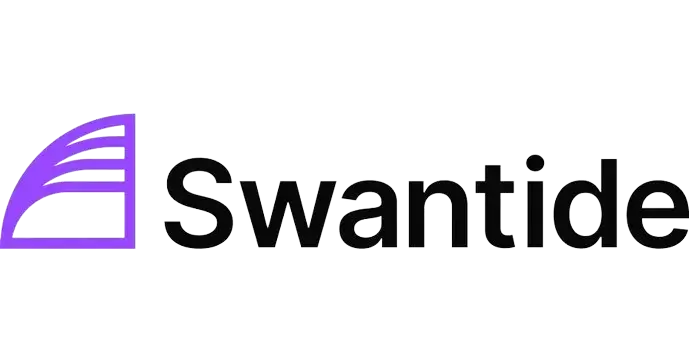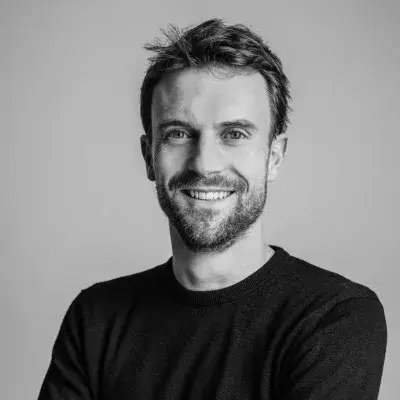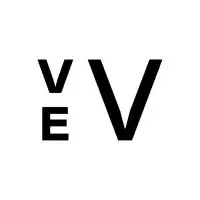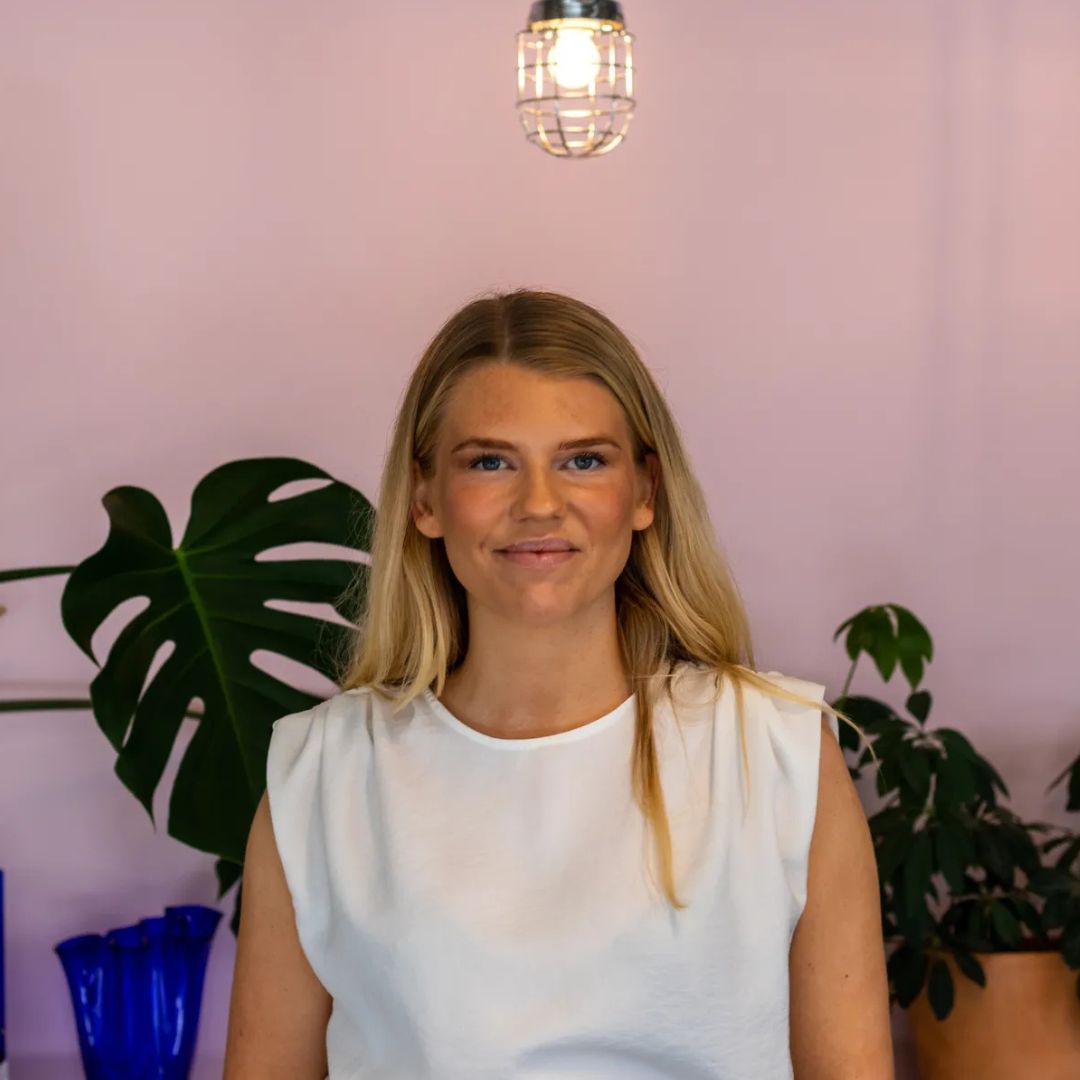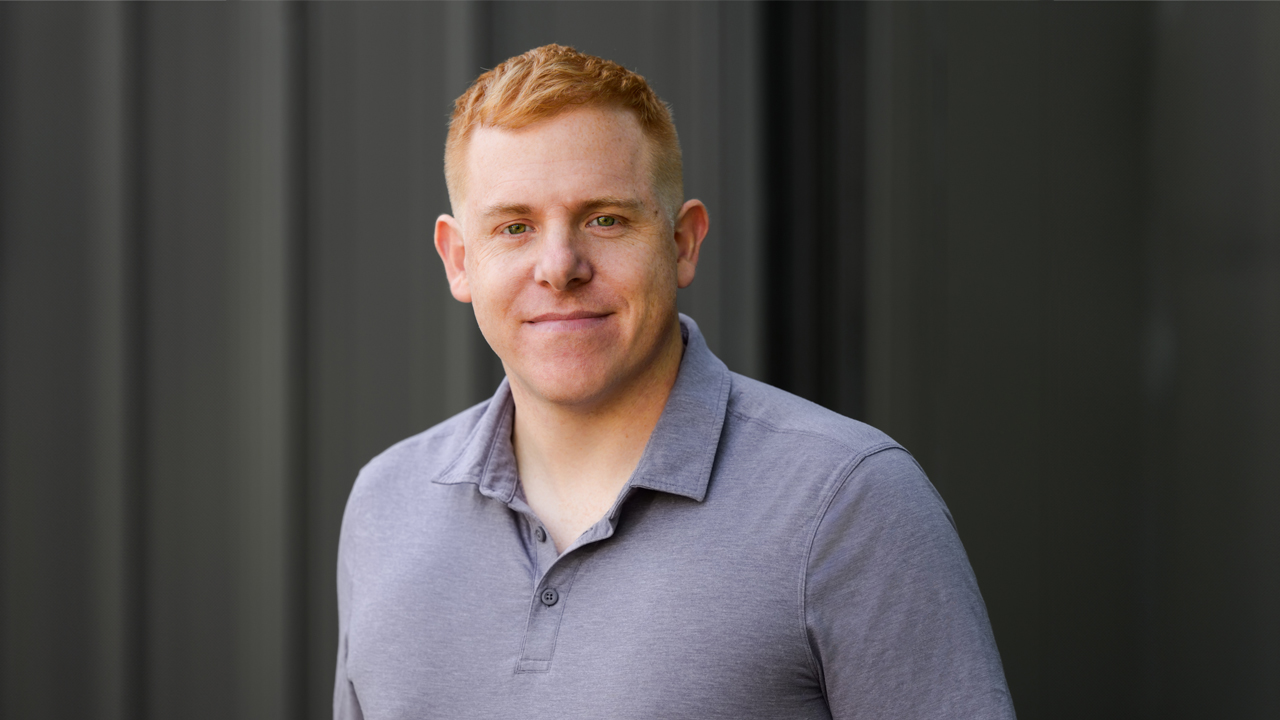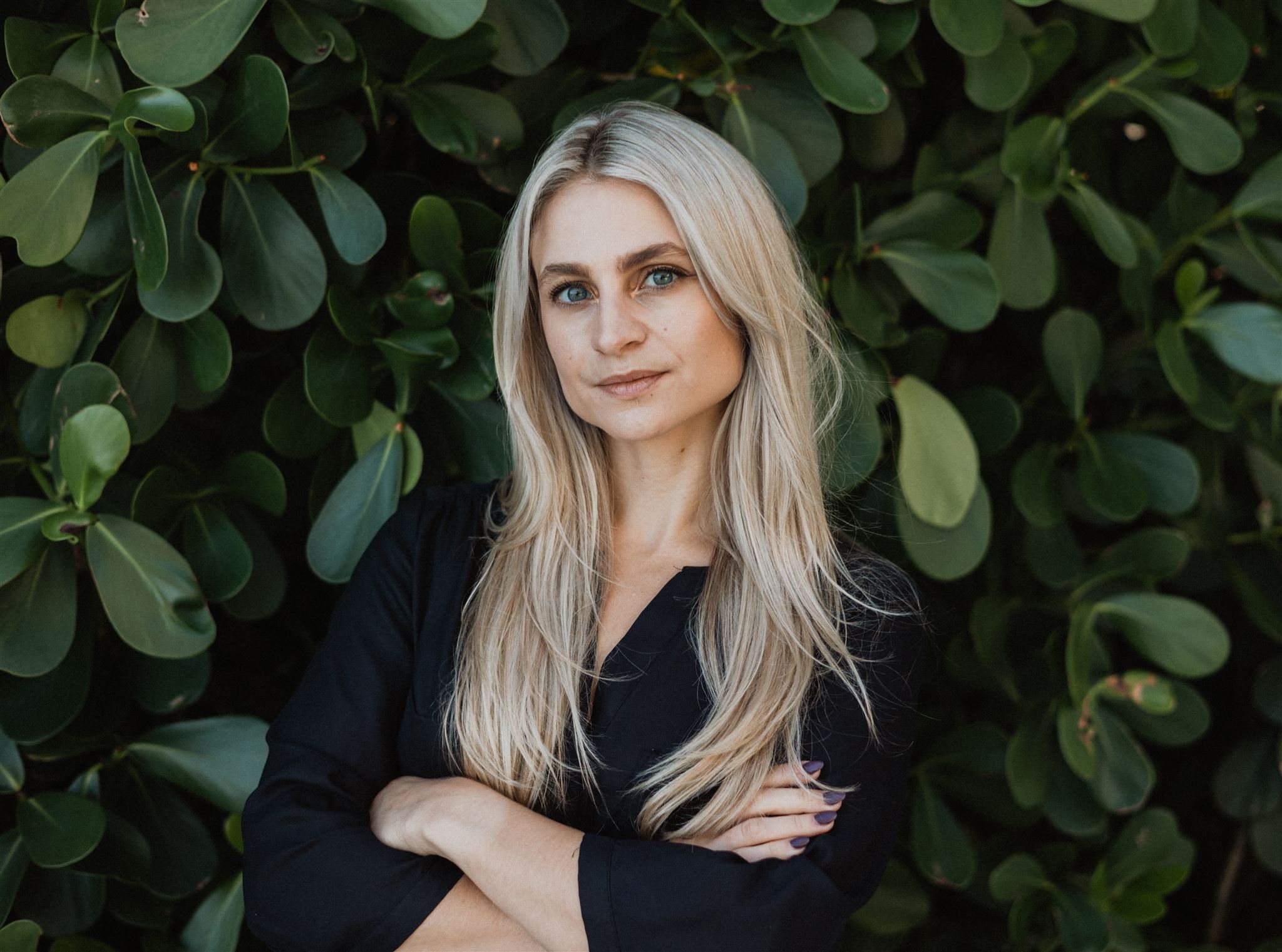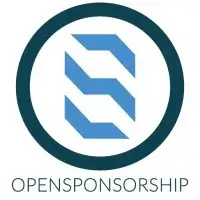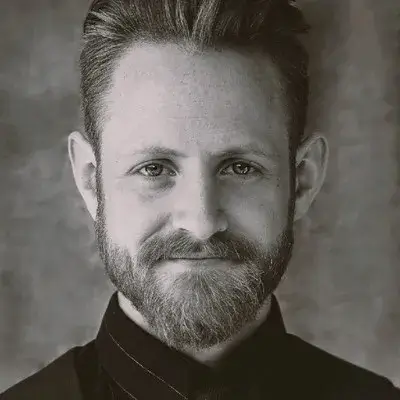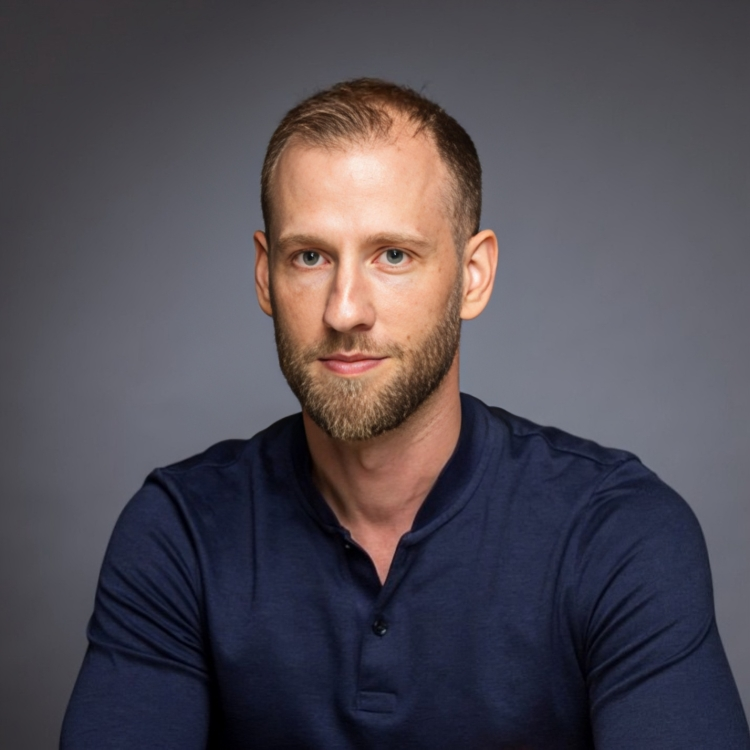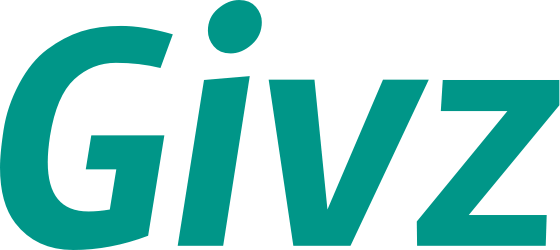Ready to launch your own podcast? Book a strategy call.
Frontlines.io | Where B2B Founders Talk GTM.
Strategic Communications Advisory For Visionary Founders
Conversation
Highlights
From Sports Content Creator to Video AI Pioneer: The Pivotal Decisions That Shaped Cortex’s Go-to-Market Evolution
The path to product-market fit rarely follows a straight line. For Cortex CEO Zack Rosenberg, what began as a vision to build “the ESPN of tomorrow” across social channels transformed into an AI-powered platform revolutionizing video content monetization.
In a recent Category Visionaries episode, Rosenberg shared how his team’s initial venture garnered significant viewership but faced a stark monetization challenge. “We started to attract about 600,000 viewers a day across these channels,” Zack explains. “If this were on national television, that would be a number one hit. But because we were across social channels, we were making at best $11 a day in revenue.”
This reality check led to a crucial pivot. Rather than continuing to chase audience growth, the team developed tools enabling local advertisers to embed messaging into their video content. The results were immediate: “All of a sudden, went from making $11 a day to $1,000 a broadcast.”
This early pivot revealed a broader market opportunity. When Rosenberg approached his publishing clients about video monetization across channels, the consistent feedback highlighted an unmet need. By late 2019, he had convinced CBS, iHeartMedia, and News12, along with several small advertisers, to test their solution.
However, launching the product in January 2021 exposed new challenges. Despite signing large media publishers early on, Rosenberg acknowledges there were “a lot of false starts.” He recalls, “We thought we were running in the right direction. We thought everything was going great. We were signing up these big publishers… Then by the end of ’21, weren’t that much further ahead.”
The turning point came in 2022 when the team made what Rosenberg calls a “mini pivot.” Rather than completely overhaul their product, they focused on repositioning. “Positioning is probably the most important skill of any entrepreneur,” Zack emphasizes. “You can have the same product, same marketing, same everything, but the way that you position it could change the market you go after.”
This insight led to a crucial strategic principle: make change feel manageable. “We knew if we wanted to be successful, we had to make or convince people that we’re only making a 5% change. We’re actually making a 500% change. But you had to convince them that they only have to change about 5%,” Zack explains. “People are willing to change 5%, but nobody’s willing to change 50%.”
The strategy worked. By summer 2022, not only were clients staying, but they were genuinely satisfied with the product. Rosenberg attributes this success to decisive leadership during the repositioning: “Startups don’t work on indecisiveness. It’s okay to sit there for a day or two or three and usually even a little bit longer than that, but you got to pick the direction and you got to have conviction once you do.”
Looking ahead, Rosenberg sees Cortex playing a pivotal role in what he calls “the golden age of video.” His vision centers on creating personalized experiences based on content rather than personal data. “I know that if you’re watching golf, you have an affinity towards golf,” he explains. “I don’t need to know if you’re old or young or what gender or religion or any of these sorts of things.”
This journey from sports content creator to video AI pioneer offers valuable lessons for founders navigating their own GTM challenges. It demonstrates the importance of staying responsive to market feedback while maintaining a clear long-term vision, and shows how strategic repositioning can unlock growth even when the core product remains largely unchanged.
Actionable
Takeaways
Leverage Early Career Experiences:
Zack’s early involvement at BuzzFeed exposed him to the dynamics of digital content and virality, crucial for his later ventures. Founders should draw on experiences from early career stages to inform their strategic decisions and innovations, particularly understanding industry-specific insights that could lead to competitive advantages.
Embrace Adaptability in Product Development:
Qortex’s pivot from its initial focus to an intelligent video analytics platform underscores the necessity of adaptability. Founders should be prepared to iterate and pivot their products based on market feedback and emerging opportunities, emphasizing the development of features or services that align more closely with market needs.
Prioritize Company Culture and Curiosity:
Cultivating a company culture that encourages curiosity can lead to greater innovation and engagement among team members. Implementing practices like guest speaker sessions, brainstorming meetings, and shared learning experiences can foster an environment where employees feel valued and inspired to explore new ideas.
Understand and Utilize Effective Positioning:
The significance of product positioning cannot be overstated. Founders should focus on how their products are perceived in the market, ensuring that they communicate the value in a way that resonates with their target audience while distinguishing from competitors. This involves framing the product’s benefits to fit the customer's perspective and needs.
Prepare for and Lead Through Industry Cycles:
Acknowledging and preparing for cyclical industry changes can position a company to capitalize on opportunities when they arise. Founders should maintain awareness of industry trends and shifts, adapting their strategies to leverage these cycles rather than be hindered by them, ensuring sustainability and growth even during downturns.



